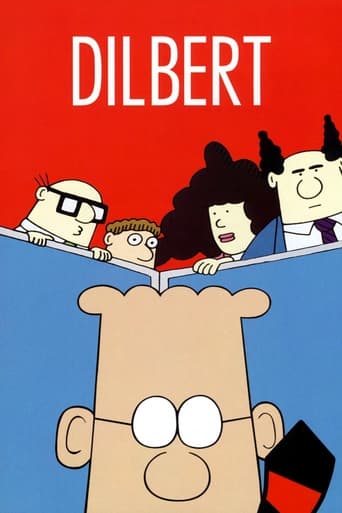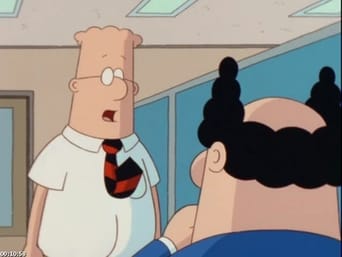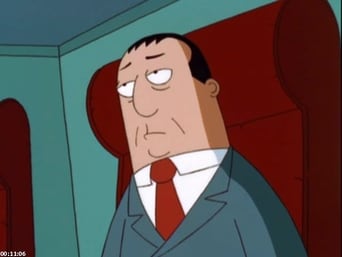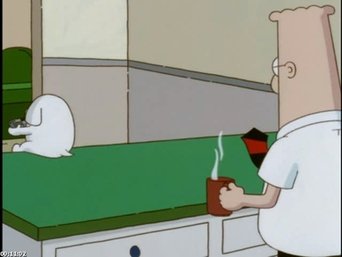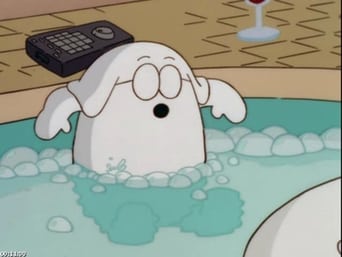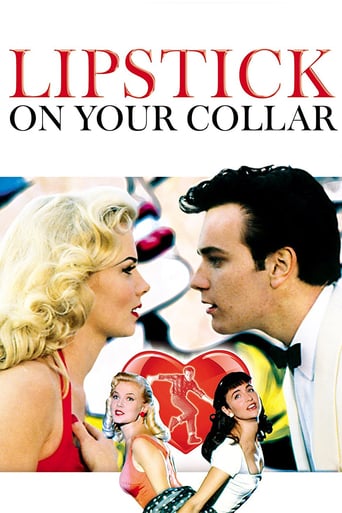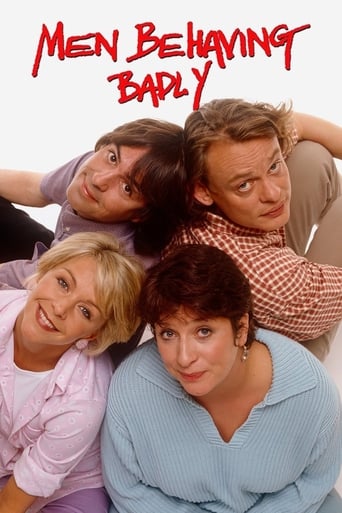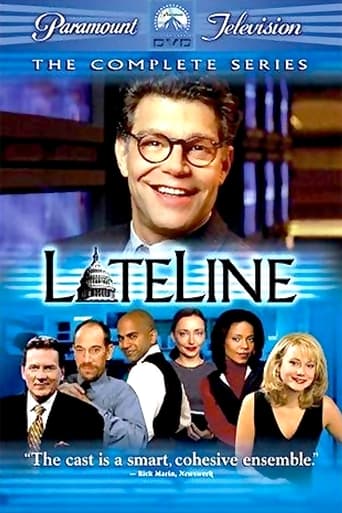Dilbert (1999)
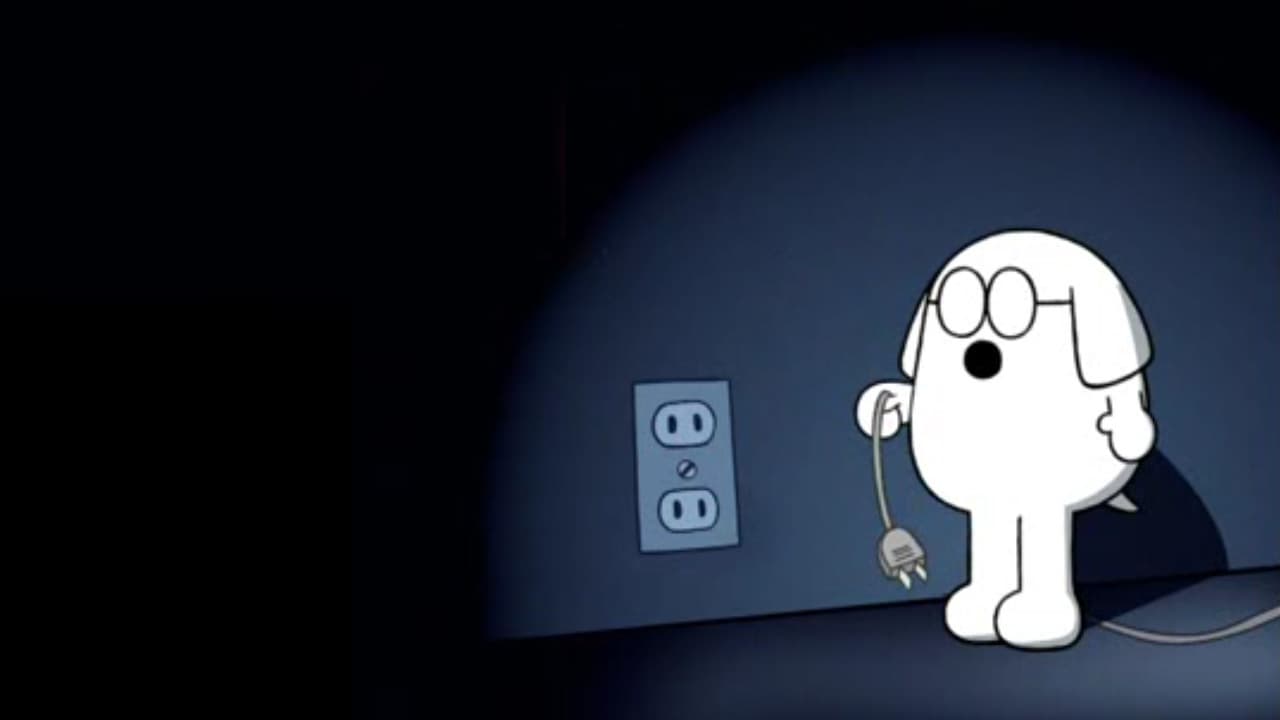
Dilbert is an animated television series adaptation of the comic strip of the same name, produced by Adelaide Productions, Idbox, and United Media and distributed by Columbia TriStar Television. The first episode was broadcast on January 25, 1999, and was UPN's highest-rated comedy series premiere at that point in the network's history; it lasted two seasons on UPN and won a Primetime Emmy before its cancellation.
Watch NowDilbert
1999 / TV-PG

Dilbert is an animated television series adaptation of the comic strip of the same name, produced by Adelaide Productions, Idbox, and United Media and distributed by Columbia TriStar Television. The first episode was broadcast on January 25, 1999, and was UPN's highest-rated comedy series premiere at that point in the network's history; it lasted two seasons on UPN and won a Primetime Emmy before its cancellation.
Seasons & Episode
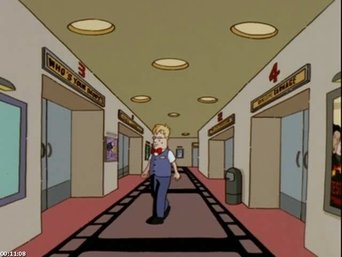
Dilbert's mother's birthday is coming up, and in search of the perfect gift, he returns to the mall where he was abandoned by his father (voiced by Buck Henry) years ago.

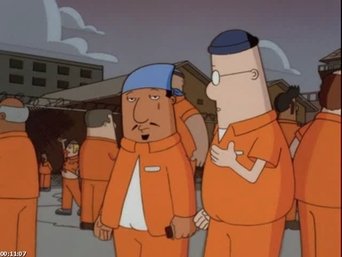
Dilbert is sent to prison after the boss frames him for a fatal traffic accident. Once inside, he applies his knowledge of mathematics and engineering to prison life and takes over his cell block.

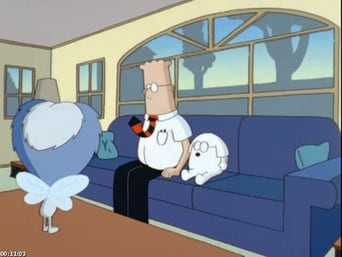
Dilbert's attempts to design a Furby-style children's toy go horribly awry when the toys gain sentience and mutate into hideous but benevolent creatures that want independence.

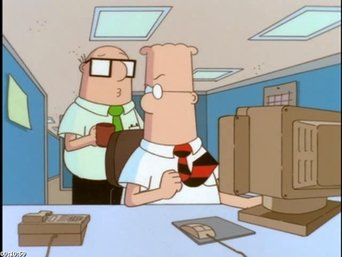
Dilbert is assigned to create a digital work of art. The result, the "Blue Duck," ends up appealing to the lowest common denominator of society and destroys the value and popularity of classic artworks.

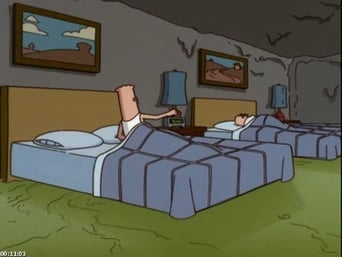
Dilbert tries to end world hunger by creating a new, safe, artificial food, but it tastes so bad that even people dying of starvation refuse to eat it – until his mother gets involved.

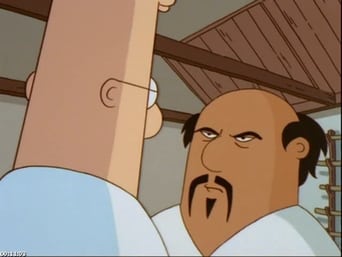
After a heated debate, Dilbert and the building's security guard trade jobs to see who can do the other's job better. Dilbert quickly finds himself in over his head when he discovers an illegal casino being run underneath the building.

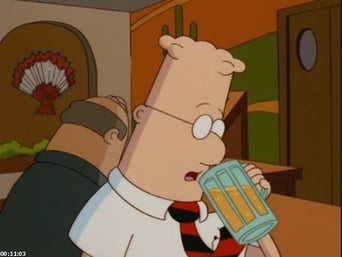
The Boss decides that the company needs to merge with another, and chooses a company of brain-sucking extraterrestrials.

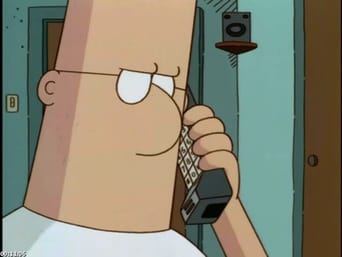
Dilbert's home is chosen as the location for an off-site meeting when a dendrophile sues his company because of their deforestation policies.

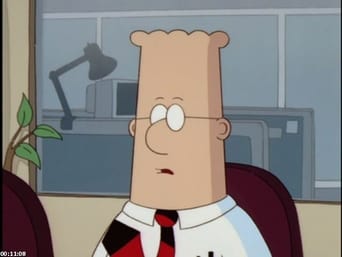
Dilbert is unwillingly promoted to management and given an assistant, sparking a showdown with the other engineers.

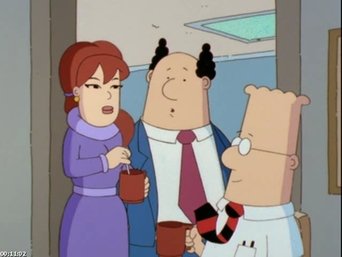
The annual company picnic comes around and so does the softball game between Marketing and Engineering. This episode is based on Romeo and Juliet.

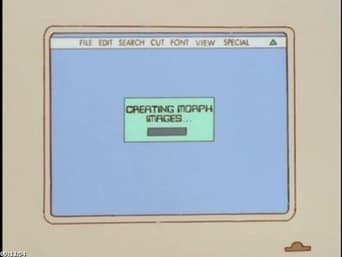
Dilbert and his co-workers find an empty cubicle and start dumping their obsolete computer equipment into it. To keep the marketing department from claiming the cubicle, they hack into the human resources database and create a profile for a fake engineer named Todd. The plan backfires when Todd is named project leader and develops a messianic reputation.

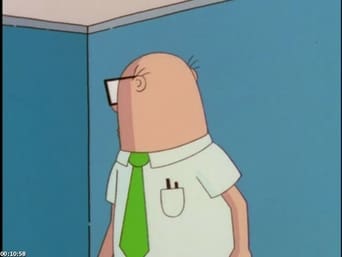
Dilbert tries to buy a computer online but gets the wrong model, leading to an unpleasant surprise when he tries to return it to the company warehouse.

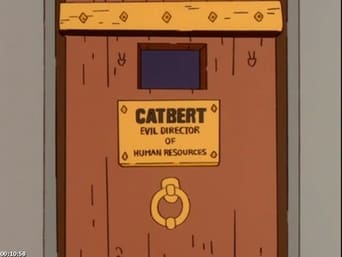
Dogbert becomes rich and famous by writing a best-selling book about an imaginary disease, 'Chronic Cubicle Syndrome', and Dilbert finds himself saddled with the job of devising a cure.

Dilbert is an animated television series adaptation of the comic strip of the same name, produced by Adelaide Productions, Idbox, and United Media and distributed by Columbia TriStar Television. The first episode was broadcast on January 25, 1999, and was UPN's highest-rated comedy series premiere at that point in the network's history; it lasted two seasons on UPN and won a Primetime Emmy before its cancellation.
Watch Trailer
Free Trial Channels


